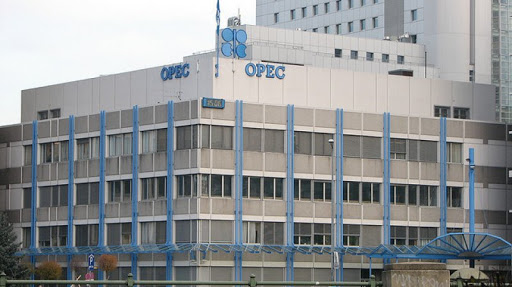The decision comes as the White House has pushed top oil producers like Saudi Arabia – which leads the international oil cartel – not to make drastic cuts to oil production as gas prices remain high.
While the cuts will likely negatively impact consumer wallets they are expected to spur a recovery in oil prices for producing nations like Russia, Kuwait and the UAE.
The move is the largest cut to production since the COVID-19 pandemic and comes after prices dropped from $120 per barrel three months ago to about $90 per barrel amid concerns over a global economic recession, rising U.S. interest rates and a stronger dollar, reported Reuters.
U.S. gasoline prices are expected to yet again rise after the Biden administration worked to lower prices at the pump after they set record highs earlier this year.
The OPEC+ decision could also spell trouble for the White House as midterm elections loom.
Prices at the pump range from $3.06 per gallon in Mississippi to as much as $6.41 per gallon in California, according to AAA. The national average gas price is currently sitting at $3.80 per gallon.
The rise in costs for gas on the West Coast is reportedly due to planned and unplanned refinery maintenance and an increase in demand, according to AAA and GasBuddy.
The push to cut oil production despite diplomatic White House efforts with Saudi Arabia could signify the weakened relations between Washington and Riyadh.
But the Wednesday decision has implications that extend outside U.S.-Saudi diplomatic relations as the call also coincides with the European Union’s Wednesday move to sanction Russia and place a price cap on its oil sales.
The move is an attempt to hit Russia economically amid its deadly war in Ukraine and overt threats to the West.
FOX News

